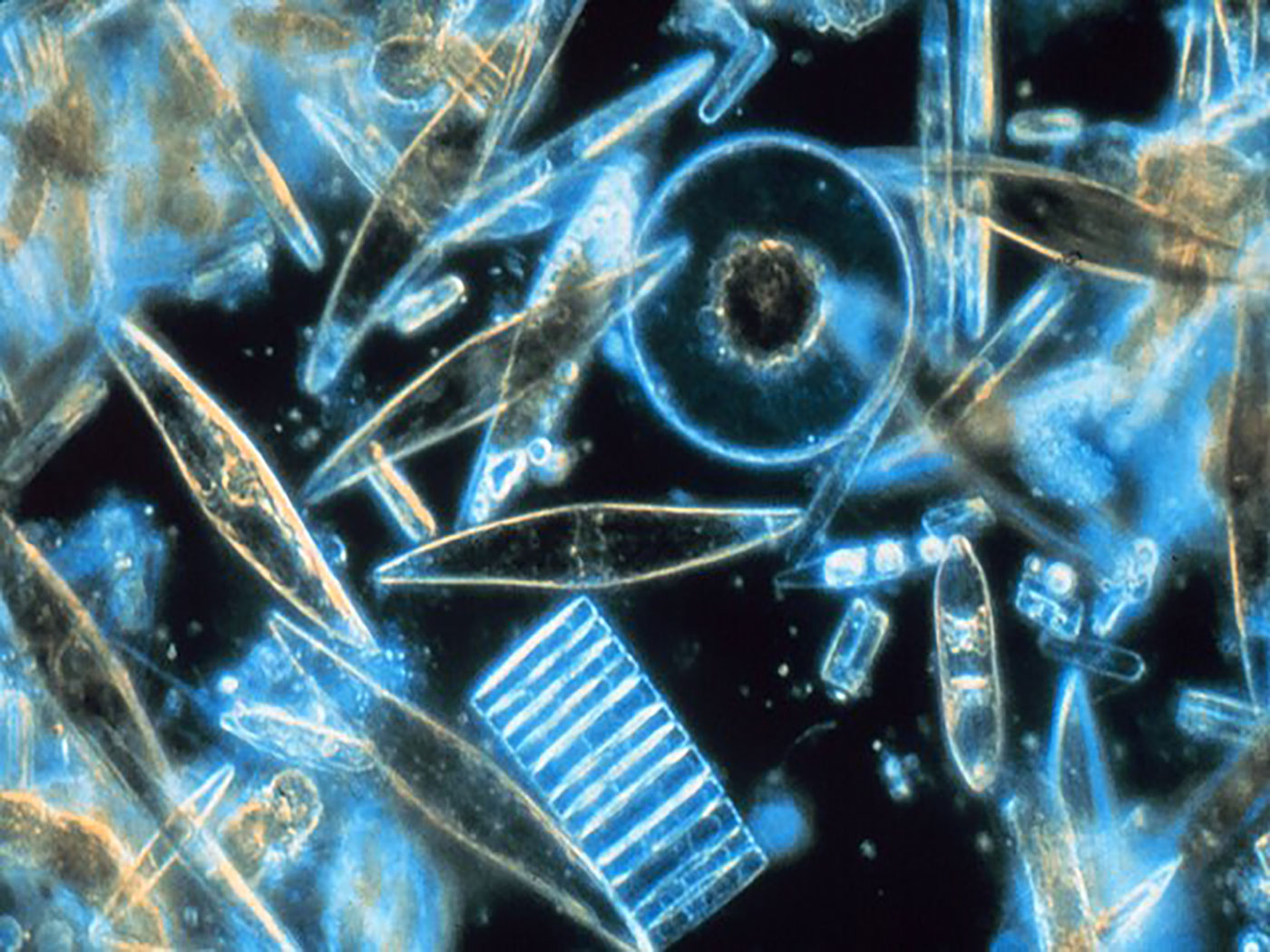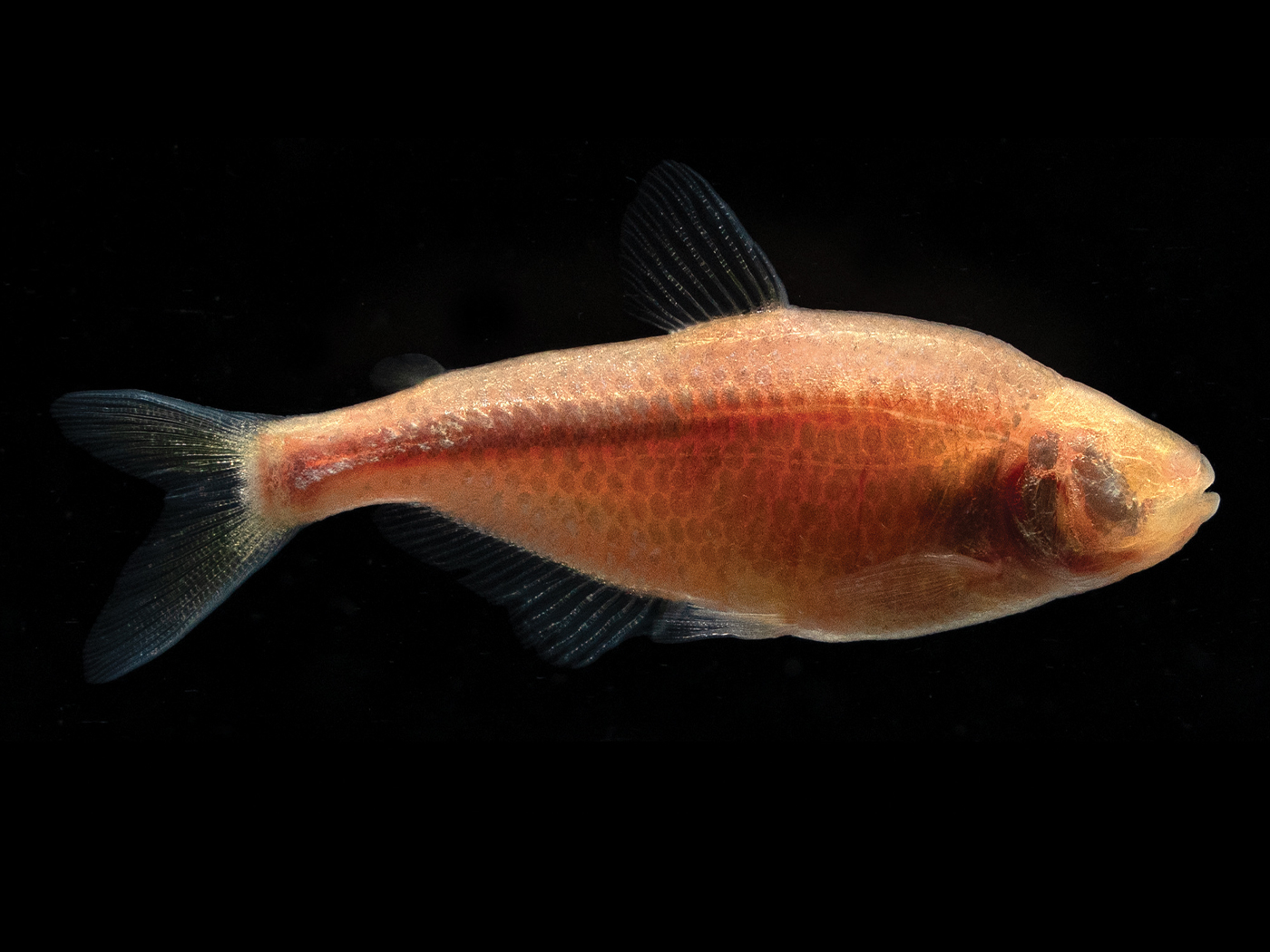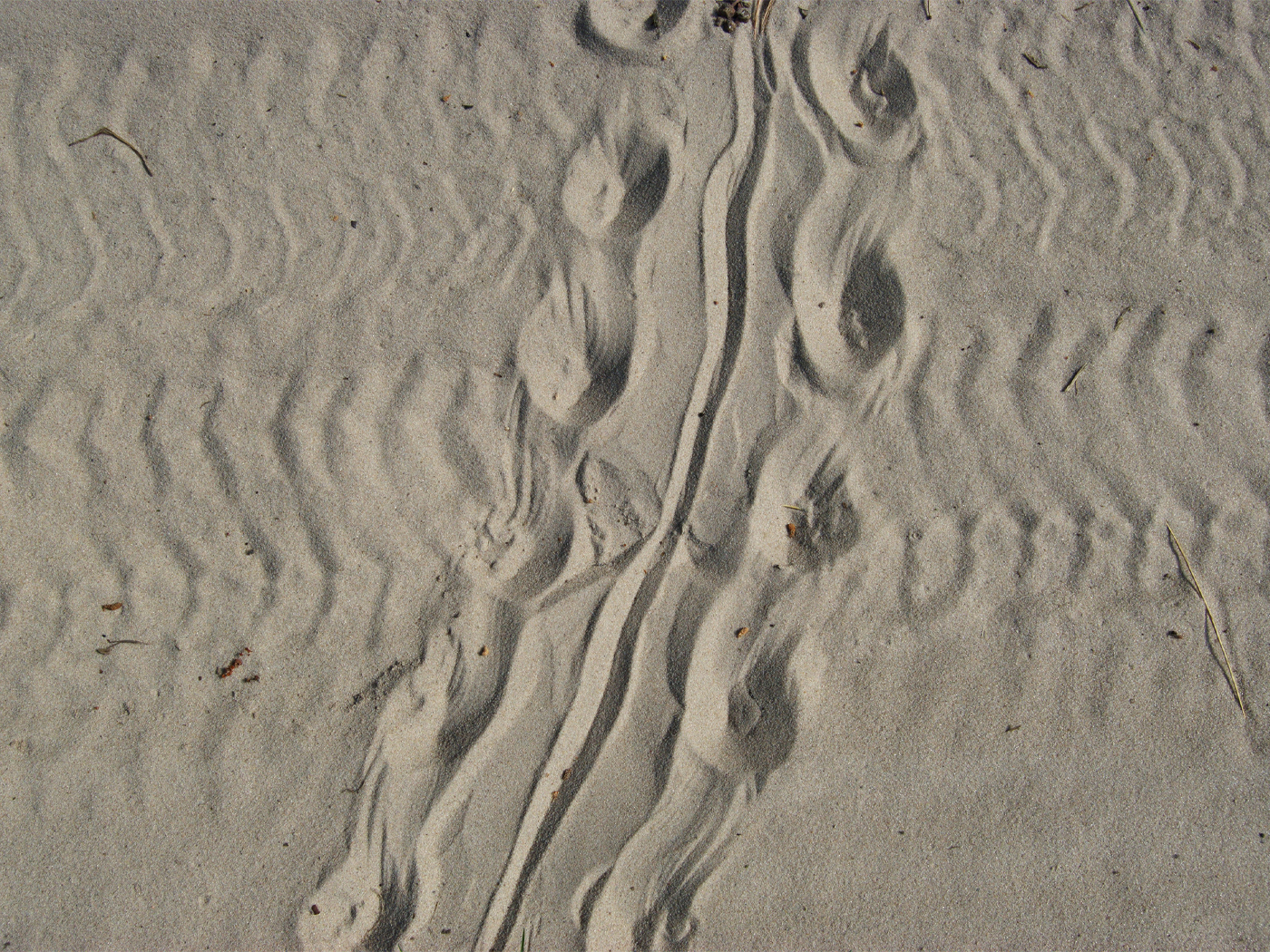Research has shown that humans like to help, even before they are old enough to have been taught how to do so. This innate characteristic distinguishes humans from their supposed closest evolutionary family member, the chimpanzee, which doesn’t demonstrate the same altruistic behavior.
In studies on the subject, at only 18 months old, toddlers were observed to consistently aid unrelated adults in simple tasks such as opening a door or picking up a clothes pin. Researchers assumed then that altruism, or unselfish concern for the welfare of others, evolved early in humans. But does this conclusion necessarily follow from the observations?
Dr. Michael Tomasello of the Max Planck Institute for Evolutionary Anthropology in Germany also found that three-year-old children seemed to have an innate belief that all participants in a game ought to play by the rules. Tomasello believes that the “idea of group rules” comes from what he calls “shared intentionality,” attributing these actions to a sense of what the others in the group expect.1
Tomasello believes that “shared intentionality evolved very early in the human lineage,” according to a recent article in The New York Times. Perhaps, “in order to survive, people were forced to cooperate in hunting game or gathering fruit.”1 However, while this theory is feasible from the evolutionary perspective, no evidence is offered to support it. No other animal needs or uses the uniquely human capacities for cooperation to hunt or find food successfully, so it stretches credulity to claim that successful hunting must have hinged on a cooperation that depended on unwritten rules of behavior.
Such unwritten rules consist of information, not physical structures, and therefore lie outside the scope of Darwinian natural selection. But presuming that people were forced to cooperate to hunt for survival, there is no realistic natural mechanism whereby such behavior can be selected. Physical traits corresponding to only a few genes are sometimes selected―although only when other traits are de-selected and the overall information content drops―but not behaviors. These would seem to depend on the interaction of a wide variety of many genes, as well as specific cognitive knowledge.
In his book, Why We Cooperate, Tomasello wrote, “Children are altruistic by nature.” But he added that humans are also naturally selfish: “That’s why we have moral dilemmas.”1
There is nothing within the observations of innate human altruism to suggest that this behavior evolved. Such a conclusion is only the consensus of those who hold an evolutionary view of origins, including Hillard Kaplan, an anthropologist at the University of New Mexico, and primatologist Frans de Waal, also mentioned in the NYT article.
Biblically-consistent history makes more sense of these observations. Where did the human sense of obligation or “ought to” come from? Scriptures refer to a uniquely human immaterial feature called a conscience.2 This is an internal voice that warns of moral danger and informs of moral violations. Since children are people, too, it makes sense that they have developing consciences, as well as knowledge of rules or laws “written in their hearts,”3 to which their consciences refer.
Did this dichotomy between being selfish and altruistic come from human ancestors who were forced to find food together? Only by rejecting biblical history could this tall tale assume a semblance of credibility. But when the Bible is not dismissed, it seems easy enough to match the observed altruism of humans with their God-given consciences, as well as associate their selfishness with a fallen and sinful nature.4
These researchers have shown exactly what the Bible has been saying all along, that humans are well-designed moral creatures who have fallen from their original perfect relationship with their Creator. But thank God, He has revealed the Way out of this fallen state.5
References
- Wade, N. We May Be Born With an Urge to Help. The New York Times. Posted on nytimes.com November 30, 2009, accessed December 1, 2009.
- For example, John 8:9.
- Romans 2:15.
- Romans 3:23: “For all have sinned, and come short of the glory of God.”
- Romans 3:24: “Being justified freely by his grace through the redemption that is in Christ Jesus.”
* Mr. Thomas is Science Writer at the Institute for Creation Research.
Article posted on December 8, 2009.




















